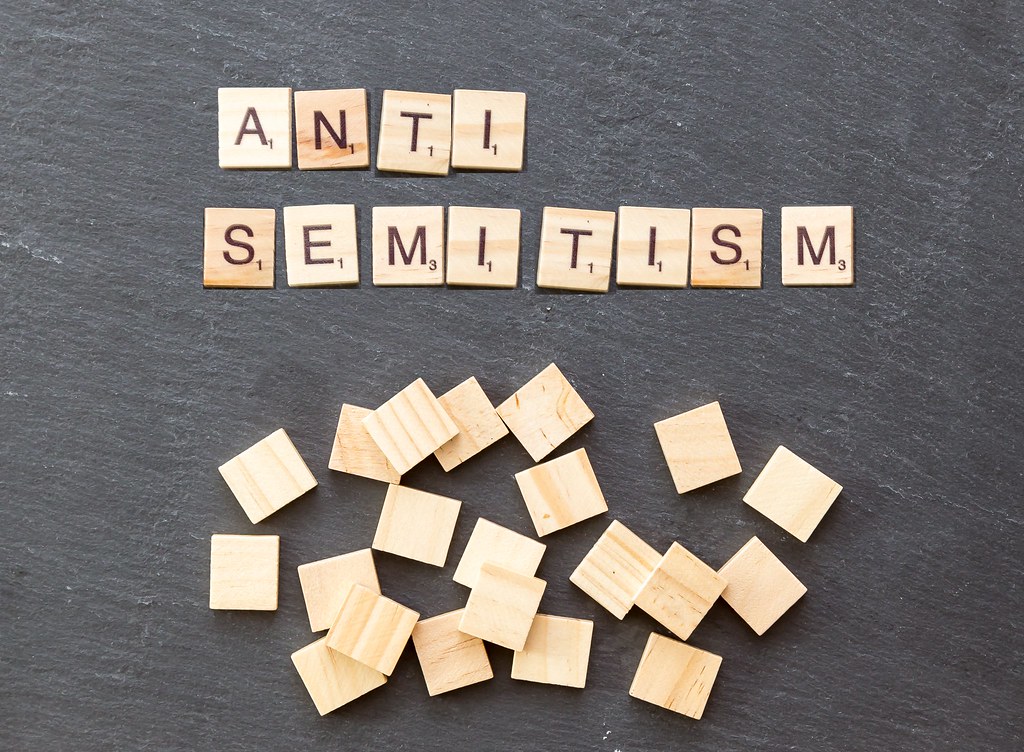In the defining spirit of our times that promotes diversity and inclusion by encouraging individuals to self-identify, to celebrate their will to determine their identity—whether driven by gender, race or religion—what has transpired at UC Berkeley is an assault on Jewish identity.
Immediately, Jewish activist and legal luminaries commented “UC Berkeley develops a Jew-Free Zone.” And then came the popular refrain: “anti-Zionist is not anti-Semitic,” followed by the familiar mental acrobatics of having to prove that anti-Zionism is today’s form of anti-Semitism or the well-accustomed to strategy of passing the IHRA definition of anti-Semitism.
It’s been 20 years, 20 years since anti-Semitism arrived on college campuses, and we are no better off. It takes a moment to refrain from viewing the events that transpired at UC Berkeley as solely anti-Semitic. Let’s put it this way: What other group is demanded to excise an integral part of their identity in order to participate in culture, but the Jews?
Perhaps this is a pivotal moment for the Jewish community to point out that anti-Zionism is not simply a modern form of an age-old hatred, but an attack on the Jewish self, and the Jews’ right to define ourselves. It is a violation of the freedom of a people to identify with a core component of their heritage.
It takes a moment to reframe, to move away from a conversation about anti-Semitism to one about identity. To help illustrate this, imagine disinviting black individuals who hold pan-African views, which emphasize the unity of African and black diasporas in a joint struggle. Imagine a coalition of campus groups announcing that black Americans are welcome, just not the ones who believe that they are indigenous to Africa.
This is exactly what is happening to Jews in America, whether on college campuses and in classrooms or during high school club rush week and teachers union meetings, to name just a few anti-Semitic hotspots. Accepting Jews who self-amputate their own ancestral legacy, their own indigenous roots, is not inclusion. It is discrimination at its highest form and an insidious form of abuse.
Our abusers want to set the terms of how Jews show up to the world. They maintain that we are welcome in the form of ashes, but insist that Jews with power, with weapons in their hands, Jews with borders, Jews who have returned to their ancestral homeland, are evil. And what’s worse, they dictate to us what it means to be a Jew. And we run, we run in circles, our heads aching from the mental gymnastics of having to prove why anti-Zionism is anti-Semitism, our hearts confused by the gaslighting: Isn’t Zionism a political movement? Wait, what?
Ladies and gentlemen: Why do we face Jerusalem when we pray, why do we break a glass under a canopy on our wedding day, why are there commandments that we cannot perform outside of the Land of Israel and laws that can only be performed when living on our ancestral homeland, why did our people weep “by the rivers of Babylon when we remember Zion,” why must our “right hand forget its cunning if we forget Jerusalem,” why did Yehuda HaLevi weep in the 12th century sitting in Spain that his “heart is in the east, and [he] in the uttermost West”?
As I write this, it is 81 years since Jews were murdered at Babi Yar. There, they showed up as their full selves. At Babi Yar, Jews came as Jews. They came to be murdered because they were Jews. There, they had no choice—no one told them Jews could stay home but “all Zionists of the city of Kiev and its vicinity must appear on Monday, September 29, 1941 at 8 am at the corner of Melnikova and Dokhterivskaya streets (next to the cemetery).” There, they came as their full selves; there, they perished as their full selves.
Judging from the blood-stained annals of Jewish history, one can praise our abusers: Jews welcome, Zionists not. And in this tenuous festivity, we cast down our eyes, and show up, but never as our full selves. But here’s the caveat: As my mother, who was told to “go back to Palestine” by her Soviet Russian co-worker, says, “When they say Zionist, they mean Jew.”
That’s why when you’re the only Jew in your class or among friends and Israel is brought up, everyone turns to you, Jew. That’s why when you post “Shabbat Shalom” on your Instagram, the likelihood that someone will comment “#FreePalestine” is almost a guarantee. And finally, why synagogues and Hillels have been vandalized with the slogan “Free Palestine.”
Because when they say Zionist, they mean you, Jew.
Some will say that the struggle against anti-Zionism and anti-Semitism is a legal struggle. All are correct. I say this is our moment, our moment to show up as our full selves. Yes, we pray toward Jerusalem, yes we break the glass under the wedding canopy to remember the destruction of the Temple in Jerusalem, no we cannot cultivate land in the Diaspora as we would in Israel, yes we say “next year in Jerusalem” at the end of the Passover meal (seder). We are Jews because we are Zionists; we are Zionists because we are Jews.
Naya Lekht is Director of Education for Club Z, a rapidly growing Zionist youth movement, where she has created a unique curriculum on the Arab-Israeli conflict, Zionism and anti-Semitism being taught to Jewish teens across the nation. She holds a Ph.D. from UCLA, where she wrote about Holocaust literature in the Soviet Union, where she was born.


























